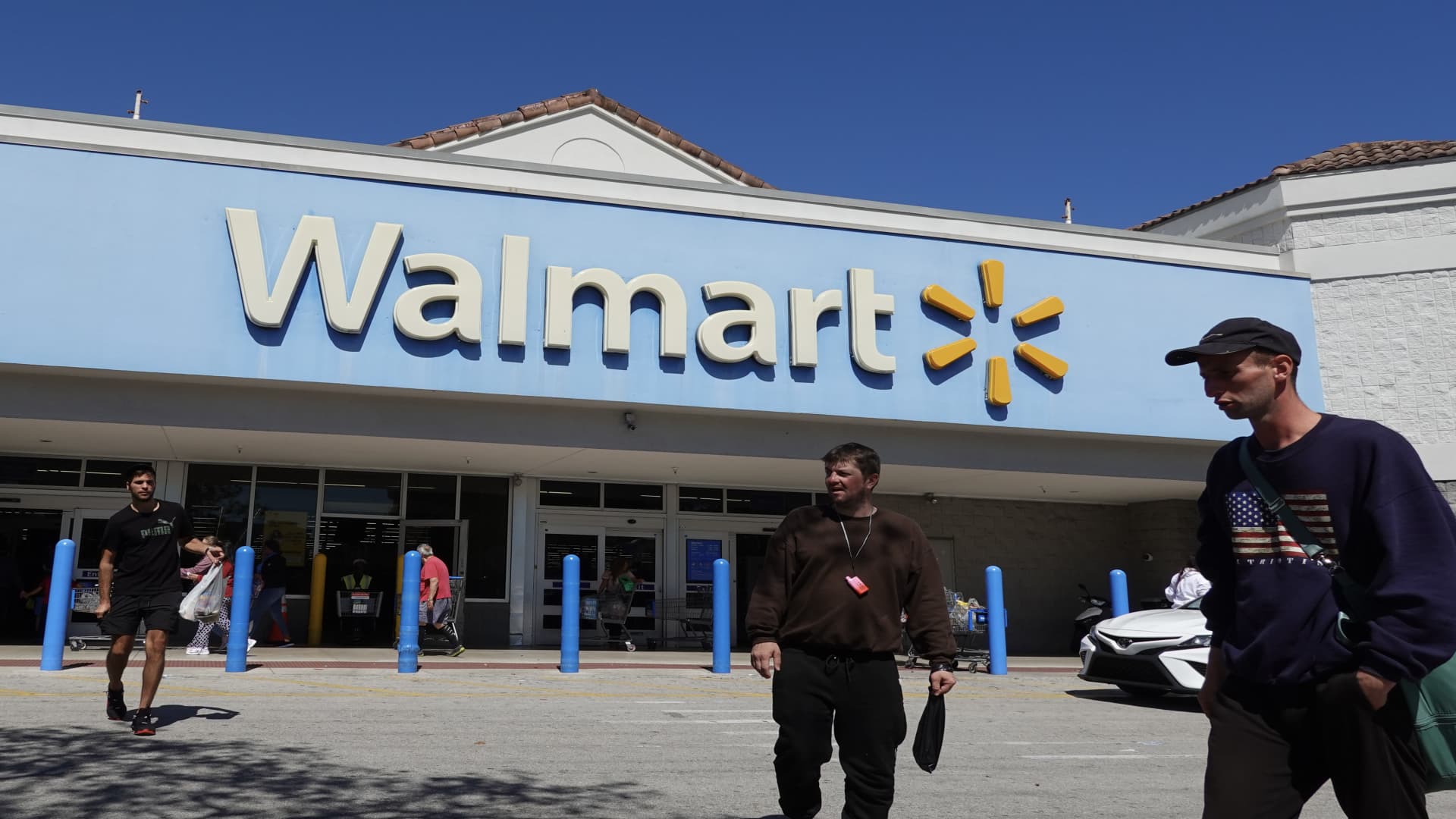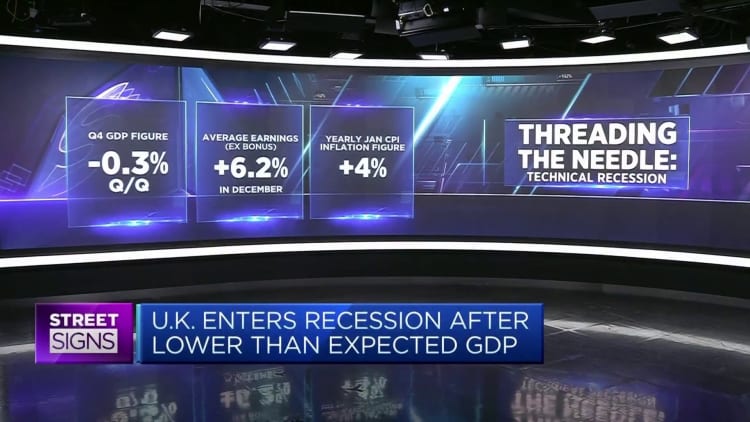Consumer goods giant Unilever said Tuesday it would cut 7,500 jobs and spin off its ice cream division, which includes Ben & Jerry’s, to cut costs and simplify its brand portfolio.
The moves would lead to “a simpler, more focused and more powerful Unilever,” Ian Meakins, chairman of the London-based company, said in a statement. The group’s ice cream division generated sales of 7.9 billion euros ($8.6 billion) last year, accounting for about 13 percent of the group’s total sales.
The department houses Ben & Jerry’s, which Unilever acquired in 2000, as well as brands such as Cornetto, Magnum, Talenti and Wall’s. The spin-off is expected to be completed by the end of 2025.
Hein Schumacher, who took over as Unilever’s chief executive in July, announced a plan late last year to “drive growth and unlock potential,” including by focusing more attention on just 30 of the group’s hundreds of brands.
On Tuesday, he said the job cuts and ice cream spinoff would “accelerate” the plan and save nearly $870 million in costs over the next three years. The layoffs, which are “predominantly office-based” globally, amount to about 6 percent of Unilever’s workforce.
In early 2022, Nelson Peltz, one of Wall Street’s most prominent activist investors, began building a stake in Unilever. Mr. Peltz, known for pushing companies to simplify their corporate structures, was given a seat on Unilever’s board later this year, where he remains.
After the planned spinoff, Unilever’s remaining units would include health and beauty brands such as Dove soap, consumer products such as Surf detergent and food brands such as Hellmann’s Mayonnaise.
Unilever rival Nestlé transferred many of its European ice cream brands into a joint venture with a private equity firm in 2016 and sold its U.S. brands, including Dreyer’s and Häagen-Dazs, to the company in 2019.
Unilever has struggled in recent years as sales growth was supported by sharp price increases while sales volumes fell. Pressured by inflation, consumers in many of Unilever’s biggest categories are instead turning to cheaper brands, particularly non-essential products such as ice cream.
The ice cream division faced the highest input cost inflation in Unilever’s portfolio last year, the company said in an earnings report last month. It passed some of those costs on to consumers, causing them to buy less or switch to cheaper brands, resulting in a “disappointing year of declining market share and profitability,” the company said.
“The company has been seeking accelerated cost reductions to accelerate growth for at least a decade,” Bernstein analysts wrote in a research note. “This plan remains: we will try harder to implement the same plan or hope for experience,” they added. Unilever shares rose 3 percent on Tuesday but have remained almost unchanged over the past year.
Ben & Jerry’s, which has been run by an independent board since its acquisition by Unilever, has not always fit comfortably into the portfolio of a staid multinational corporation. The founders of the Vermont-based brand are outspoken on current social and political issues; In 2021, they announced that they would stop selling in the Israeli-occupied territories.
This led some US pension funds to divest from Unilever and triggered a shareholder lawsuit. Ben & Jerry’s sued Unilever in 2022 to stop it from selling distribution rights to a licensee in Israel. Unilever eventually sold the rights to its long-time local partner there, who continues to sell the ice cream with slightly different branding.
Source link
2024-03-19 15:58:37
www.nytimes.com















